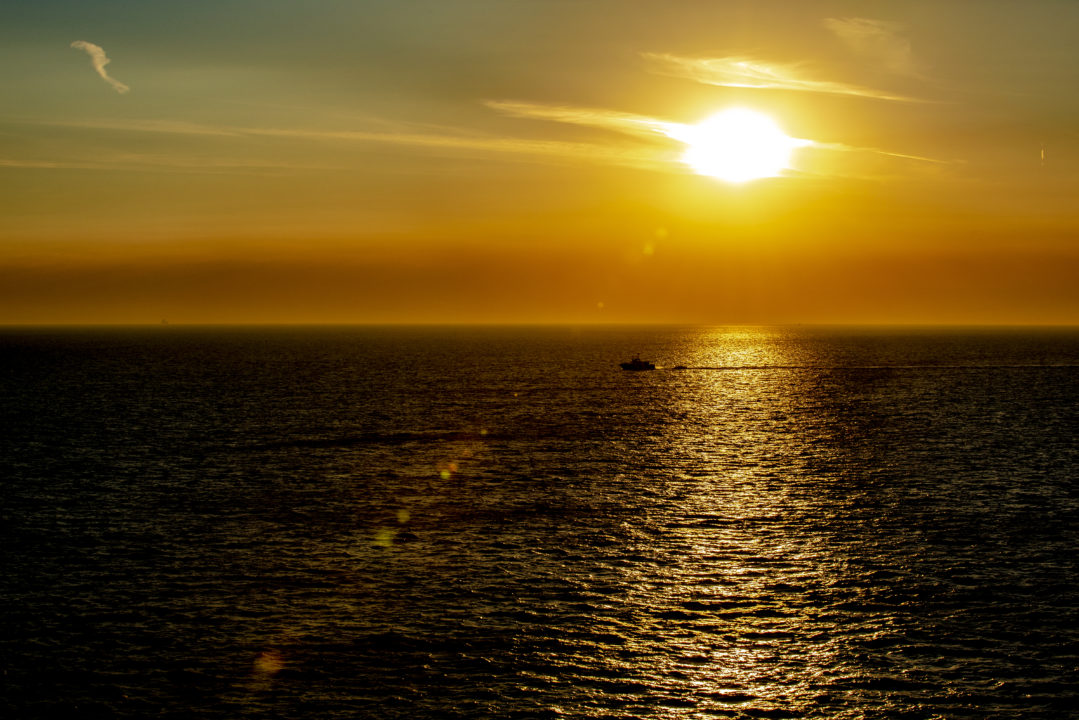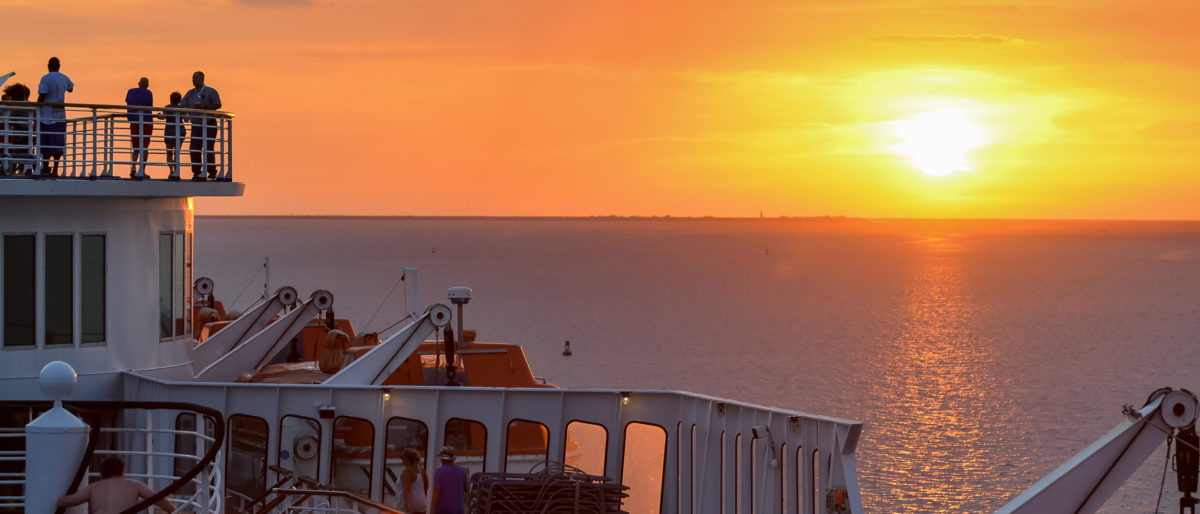The world’s oceans are getting hotter, and marine warmth waves have gotten extra frequent and extreme. These warmth waves can have devastating penalties for marine life, together with mass mortality, illness outbreaks, and dangerous algal blooms. They will additionally disrupt fisheries and tourism, and have a destructive influence on meals safety.

Alistair Hobday, a organic oceanographer at CSIRO, Australia’s nationwide science company, has been finding out the influence of local weather change on the oceans for a few years. He says that the frequency and depth of marine warmth waves have elevated considerably in current a long time and that this development is more likely to proceed.
Hobday has additionally developed strategies to foretell marine warmth waves, which might assist companies and governments to mitigate their impacts. He believes that naming marine warmth waves like hurricanes would assist to boost consciousness of the difficulty and enhance ocean literacy.

As Australia heads into summer season, Hobday is predicting that the Nice Barrier Reef will expertise one other marine warmth wave. This might trigger additional bleaching of the reef, which is already in a important state.
Hobday says that we have to take motion to cut back greenhouse fuel emissions and mitigate the results of local weather change. He additionally believes that we have to spend money on analysis to higher perceive the influence of marine warmth waves and develop methods to guard marine life.

- Marine warmth waves have gotten extra frequent and extreme because of local weather change.
- Marine warmth waves can have devastating penalties for marine life, fisheries, and tourism.
- Scientists are growing strategies to foretell marine warmth waves, which might assist to mitigate their impacts.
- We have to take motion to cut back greenhouse fuel emissions and mitigate the results of local weather change.
- We additionally must spend money on analysis to higher perceive the influence of marine warmth waves and develop methods to guard marine life.



